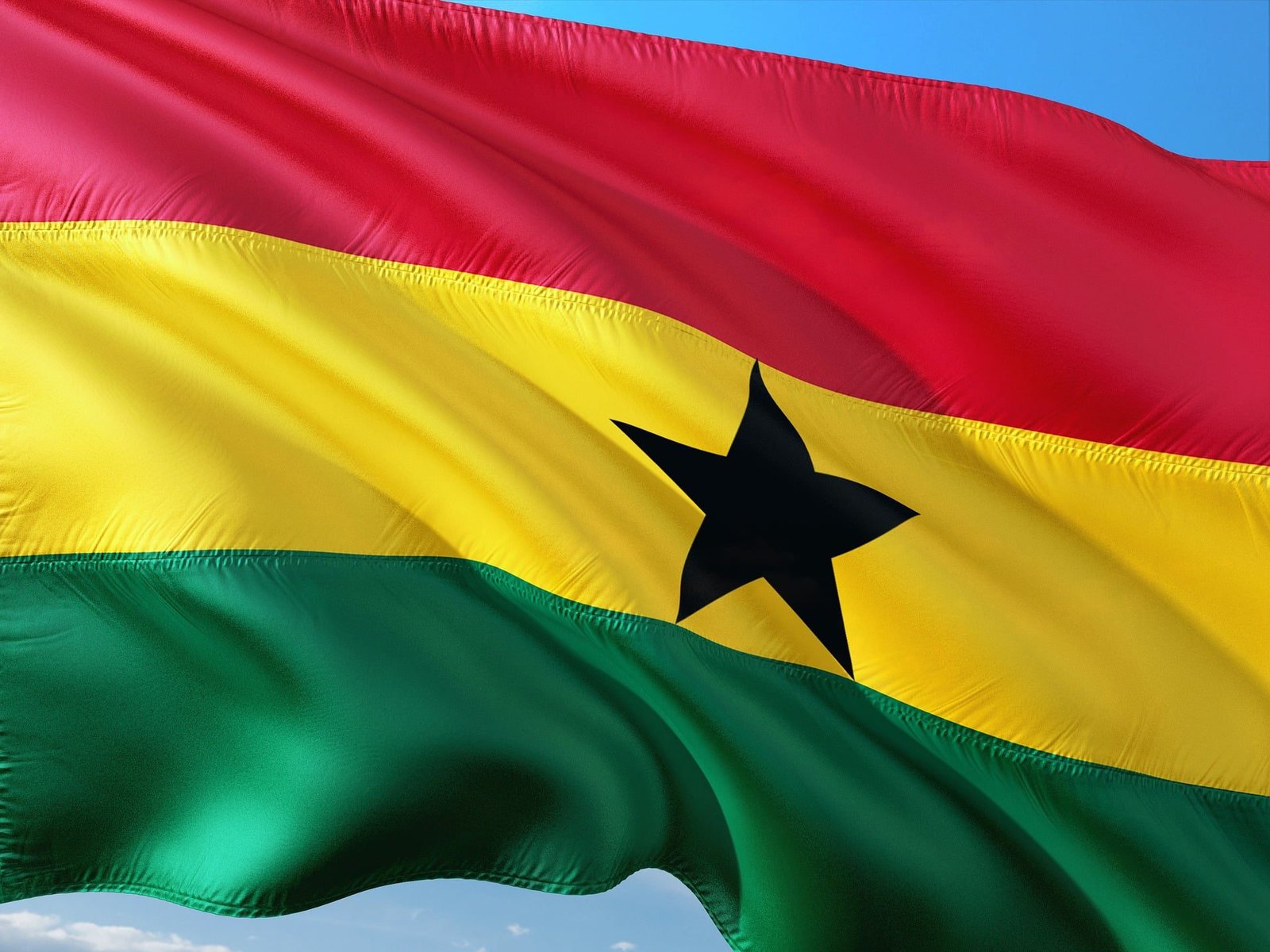Ghanaian culture is rich and diverse, reflecting the country’s history, traditions, and values. Here are some key aspects of Ghanaian culture that you should know:
LANGUAGE
Ghana is a multilingual country with over 80 ethnic groups, each having its own distinct language. However, English is the official language and is widely used in education, government, and business.
TRADITIONAL CLOTHING
Ghanaians often wear traditional clothing, with different ethnic groups having their own unique styles. Kente cloth, made from woven strips of brightly colored fabric, is one of the most famous traditional textiles.
GREETING AND RESPECT
Ghanaians place great importance on greetings. Handshakes are common, and there are specific greetings for different times of the day. Respect for elders is deeply ingrained in the culture, and elders are addressed with titles like “Nana” or “Opanyin”.
RELIGIOUS DIVERSITY
Ghana is characterized by religious diversity. The major religions include Christianity, Islam, and traditional African religions. People often practice their faith alongside traditional customs.
MUSIC AND DANCE
Music and dance play a central role in Ghanaian culture. Traditional rhythms, drumming, and dances are an integral part of ceremonies and celebrations. Highlife and Hiplife are popular music genres that have evolved over the years.
TRADITIONAL FESTIVALS
Ghana is known for its vibrant traditional festivals celebrated throughout the year. These festivals are marked by colorful processions, drumming, dancing, and rituals. Notable festivals include Homowo, Aboakyir, and the Ashanti Yam Festival.
SOCIAL STRUCTURE
Ghanaians typically have close-knit family and community ties. The extended family is crucial, and family members provide support to each other in times of need. Elders hold positions of authority and are respected for their wisdom.
ARTS AND CRAFTSMANSHIP
Ghana has a rich artistic tradition, including woodcarving, beadwork, pottery, and textile arts. Adinkra symbols, representing proverbs and concepts, are often used in fabric and crafts.
FOOD AND HOSPITALITY
Ghanaian cuisine is diverse and often includes staples like rice, cassava, plantains, and a variety of soups and stews. The communal style of eating is common, emphasizing hospitality and sharing meals with family and friends.
Some Ghanaian traditions that will interest you
SANKOFA SYMBOLISM
The Sankofa symbol, depicting a bird reaching back to pick up an egg on its back, symbolizes the importance of learning from the past to move forward. It is a common motif in Ghanaian art and represents the value of history and heritage.
RESPECT FOR NATURE
Ghanaians often have a strong connection to nature, and traditional beliefs include reverence for natural elements. Sacred groves, rivers, and trees are protected as part of the cultural heritage.
NAMING CEREMONIES
Naming ceremonies are significant events in Ghanaian culture. Babies are given names with specific meanings, often reflecting the circumstances of their birth or the family’s aspirations.
Understanding these aspects of Ghanaian culture can provide a deeper appreciation for the traditions and values that shape daily life in the country. Keep in mind that Ghanaian culture is diverse, and practices may vary among different ethnic groups and region.
What's Your Reaction?
Kerzia Sedinam Anani is a young Journalist and Blogger. I love writing stories, poems, articles, music reviews, relationship stuff, and spicy celebrity gossips.












